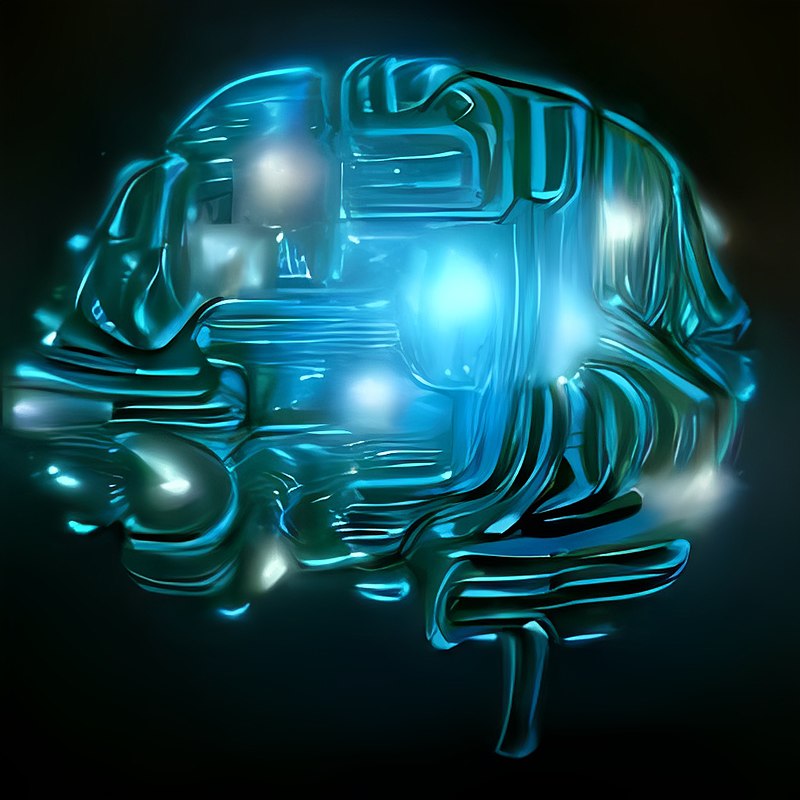There are a plethora of clickbait headlines around at the moment, that are causing huge concern about the dangers of artificial intelligence. Programs like ChatGPT, Cortana, and Google Cloud all have AI built into them, but have been making news for the wrong reasons. These pieces of artificial intelligence technology could be dangerous if used incorrectly, but with the right guidelines and legislation in place, they have the power to transform the online world into a safer space. Whilst it might seem like a Wild West out there currently, if humans can put regulations into place, AI has the power to create a safer online world; this is how.
User Authentication
Many of us already have to sign into our laptops or smartphones using just our faces. This is far safer than pin codes that can be guessed, learned, or stolen. This facial recognition technology is already AI-driven and has helped to decrease the number of users who have their electronics hacked into, and also the number of users who have their devices stolen. It stands to reason that if a smartphone or laptop can’t be accessed by the thief, then they have no use for it. The same applies to a device that can’t be accessed by a hacker, if it can’t be hacked into, then it no longer has any value to them. We all know not to use all zeros for our passcode, or the same password for everything, but some people fall into the trap and AI-driven user authentication could help them out.
As AI progresses, these authentication mechanisms are likely to become more advanced, leading to even higher levels of security. Currently, face, fingerprint, and voice recognition are all methods that AI uses to authenticate who is trying to access a device. However, it won’t be long before AI can use behavioral biometrics to achieve the same thing, providing yet another layer of security that thieves or hackers won’t be able to crack.
Fraud Detection
If somebody does manage to break through the security and access a device or account then that person could play havoc with somebody else’s finances. There are all kinds of sectors where AI is used to spot hackers and fraudsters before it’s too late. One area where AI has been used particularly successfully is in online casinos. When playing casino games, users need to deposit money into their account and that can be an attractive target for people looking to defraud them. Online casino companies use AI to monitor users’ behavior and analyze their unique patterns. If something falls outside of their usual patterns then the AI can detect it and flag it as suspicious. This use of AI is also found in banking and e-commerce and has saved consumers countless money.
Of course, fraud detection works both ways and in the case of online casinos, AI can be used to spot people trying to defraud the casino too. If AI spots a bot being used, collusion with other players, or any other suspicious activities then it will notify the online casino and steps can be made to shut down the offending account. Keeping everybody safe from fraud is one of the single most important ways that AI is used currently and with advancement, its knowledge of fraud and its ability to spot it will only improve e-commerce and banking.
Content Filtering and Social Media Safety
The internet is an incredible tool for sharing information with others. We can use it within the fields of work and study to educate ourselves, or in a social way, to share our lives with the ones that we care about. We can use it to peak into the lives of celebrities, or keep ourselves informed with current events around the world. However, not everybody on the internet wants to share true stories, some people want to spread misinformation, and others want to share content that could be triggering. This is where AI comes in. AI is being used to filter and moderate online content by flagging inappropriate, offensive, bullying, or misleading content.
It does this through assessing the content itself, along with the context that it appears in. It reports back to the moderators of the site or platform and learns from their responses to the content. If AI makes a mistake, then it’s noted, the content is replaced and it has broadened its knowledge of what is and isn’t acceptable.

